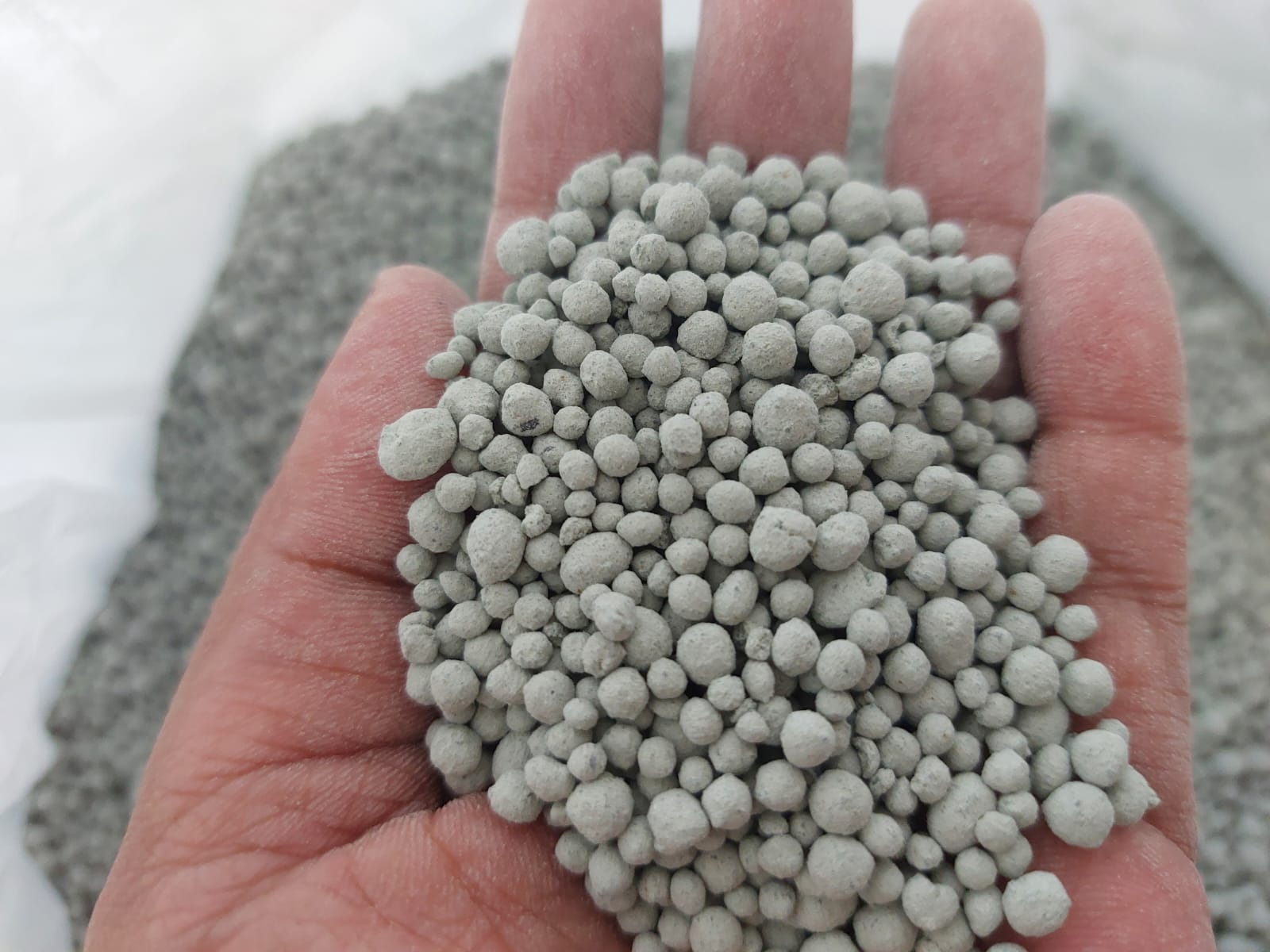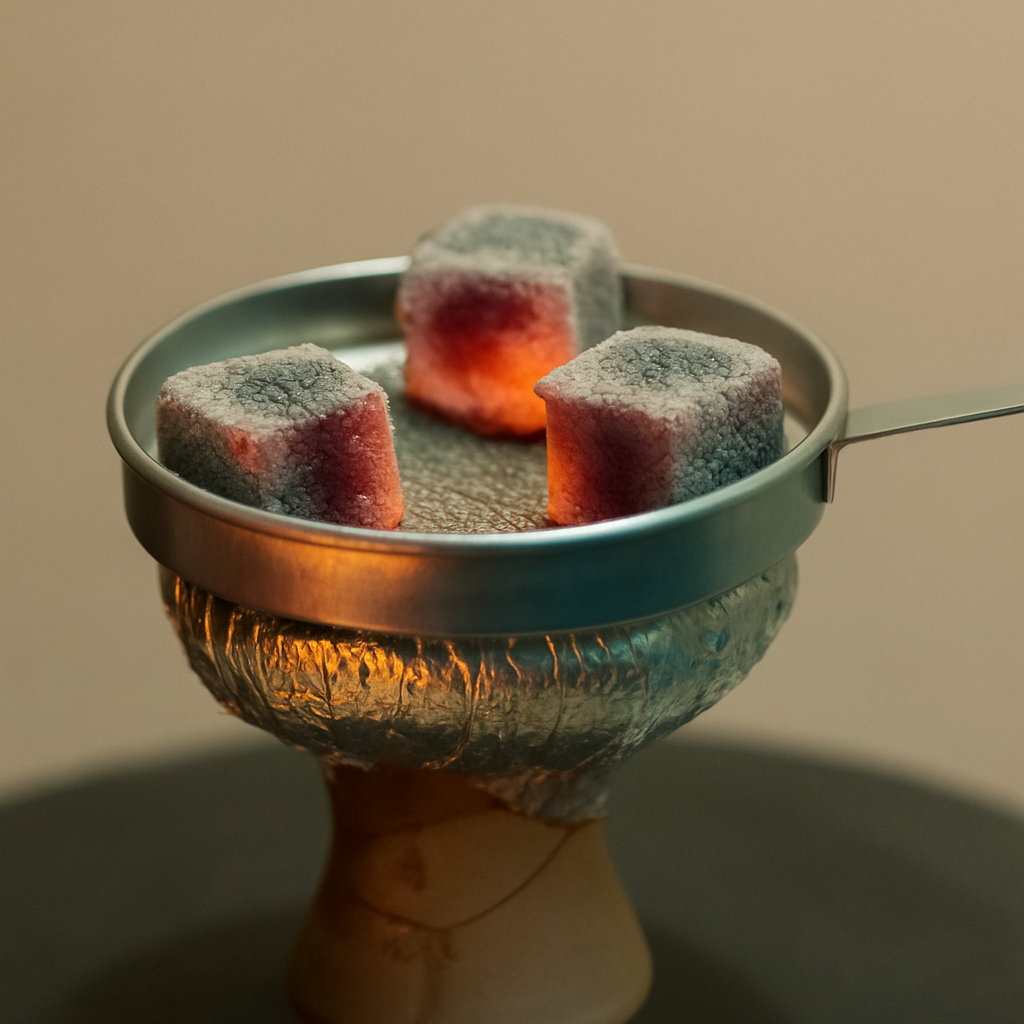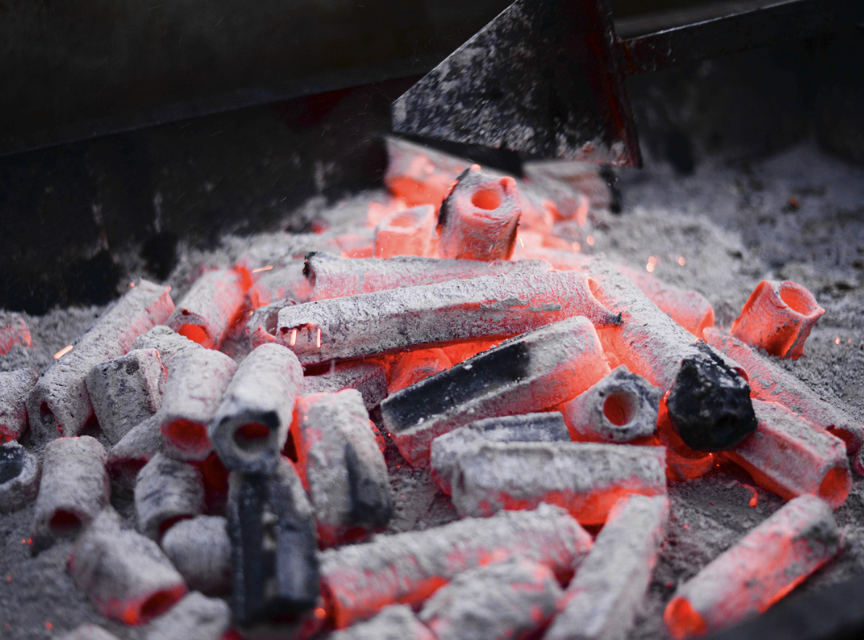
Indonesian Zeolite: The Eco-Friendly Mineral Powering Feed, Farming, and Aquaculture
What is Zeolite?
Zeolite is a naturally occurring mineral formed when volcanic ash reacts with alkaline groundwater over thousands of years. Classified as a hydrated alumino-silicate, it is widely recognized for its unique porous, honeycomb-like structure. This structure gives zeolite three highly valuable properties: Ion Exchange: It can swap harmful ions such as ammonium or heavy metals with safe ions like calcium and sodium. Adsorption: Zeolite acts as a natural sponge, binding toxins, gases, and pollutants. Molecular Sieving: Its pores allow only certain molecules to pass, making it an effective natural filter. Non-toxic, stable, and environmentally safe, zeolite has earned a reputation as a trusted mineral solution across animal feed, aquaculture, and agriculture industries worldwide.
Key Applications of Zeolite
1. Animal Feed Additive
In modern livestock production, zeolite is used as a functional feed additive. It binds harmful toxins such as aflatoxin and other mycotoxins, preventing them from entering the animal's bloodstream. By stabilizing gut pH and improving nutrient absorption, zeolite enhances digestion and feed efficiency. For poultry, swine, and cattle farmers, this translates into healthier animals, reduced mortality, and improved growth performance.
2. Aquaculture (Fish & Shrimp Farming)
Aquaculture operations face constant challenges with pond water quality. Zeolite is a proven solution: it removes toxic substances including ammonia, nitrite, hydrogen sulfide (H₂S), and heavy metals. By improving water clarity and stabilizing pH, zeolite creates healthier environments for fish and shrimp. Farmers using zeolite see lower mortality rates, stronger immunity in stock, and faster growth cycles—making it an essential input for sustainable aquaculture.
3. Agriculture (Soil & Crop Farming)
In agriculture, zeolite is widely applied as a soil conditioner and fertilizer enhancer. Its porous structure locks in essential nutrients like nitrogen (N), phosphorus (P), and potassium (K), then releases them slowly to crops. This reduces fertilizer leaching and cuts fertilizer usage by up to 30%. Additionally, zeolite supplies beneficial silica and trace minerals while improving soil aeration and water retention. Farmers benefit from higher yields, healthier soils, and reduced input costs.
Why Buyers Choose Zeolite
For the animal feed industry, zeolite is valued by feed mills because it helps secure livestock health, improve feed conversion ratios, and lower toxin risks. Export buyers demand these qualities since livestock producers in regions like Southeast Asia, the Middle East, and Africa require reliable additives that boost animal performance while reducing reliance on costly antibiotics. In aquaculture, zeolite is widely used by fish and shrimp farms to maintain cleaner ponds, reduce mortality rates, and strengthen harvest yields. This is especially important in export-oriented shrimp industries in Vietnam, India, and Indonesia, where water quality directly impacts survival rates and international compliance with food safety standards. For agriculture producers, zeolite supports higher crop productivity, lower fertilizer expenses, and improved soil quality, which is critical in markets like India, China, and Africa where farmers face high fertilizer costs and declining soil fertility. These combined benefits make zeolite a versatile, eco-friendly, and high-demand export product across feed, aquaculture, and agricultural supply chains worldwide.
Forms of Zeolite & Recommended Usage
In the animal feed industry, zeolite powder is supplied in mesh sizes of 100, 150, and 200, with 2–5% typically added during the feed milling process. These fine particle sizes are demanded internationally because they allow for even mixing into poultry, swine, and cattle rations, ensuring consistent performance as a toxin binder, pH buffer, and digestion enhancer.
For aquaculture, zeolite in granular or round ball form (2–5 mm) is broadcast at 10–25 kg per 1,000 m² of pond surface, depending on water conditions. Export buyers favor this form because it is easy to spread, sinks evenly, and effectively reduces ammonia, nitrite, and heavy metals, leading to cleaner water and healthier shrimp or fish stocks.
In agriculture, zeolite chips are offered in multiple sizes (0.5–1 mm, 1–3 mm, 3–6 mm, and 6–10 mm) to suit different soil types and application methods, with recommended usage of 200–500 kg per hectare or 5–10% in soil blends. These sizes are demanded because finer grades are effective in nurseries and blended fertilizers, while larger chips are preferred for field applications, where they retain NPK nutrients, detoxify heavy metals, and improve soil fertility.
Across all industries, zeolite's eco-friendly and multifunctional properties make it a high-demand export product, serving as an essential feed additive, pond purifier, and soil conditioner in global agriculture and aquaculture supply chains.
Typical Zeolite Product Specifications
Export-grade Indonesian zeolite is produced with strict quality specifications to meet global market requirements. The moisture content is maintained below 10%, ensuring longer shelf life, easier handling, and reduced risk of microbial growth during international shipping. A high cation exchange capacity (CEC) of 100–150 meq/100g makes it effective in binding toxins, heavy metals, and excess nutrients, which is why it is demanded by feed mills, aquaculture farms, and agricultural producers worldwide. The Si/Al ratio of around 4–5 provides the right balance of stability and absorption capacity, making it suitable for diverse applications from animal feed to water purification. Its greenish-grey color, typical of Indonesian deposits, is considered a mark of natural purity and consistent mineral composition. Buyers can select from multiple forms depending on end use: powder (mesh 100, 150, 200) for feed and industrial blending, granular round balls (2–5 mm) for aquaculture ponds, and chips (0.5–10 mm in graded sizes) for agricultural soil conditioning. To ensure reliability, every shipment can be supported with a COA (Certificate of Analysis), meeting international trade standards. These specifications guarantee that buyers receive a consistent, high-purity, and performance-driven product, making Indonesian zeolite one of the most trusted minerals in the global market.
Why Source Zeolite from Indonesia?
Indonesia is one of the world's leading suppliers of natural zeolite, offering abundant reserves and high-purity deposits that make it highly sought after in international markets. Buyers consistently choose Indonesian zeolite because of its high quality, marked by strong cation exchange capacity and consistent mineral composition, which ensures reliable performance across industries. The sector is also recognized for its sustainability, with eco-friendly mining and processing methods that align with the growing demand for greener raw materials in Europe, North America, and Asia. Indonesia's competitive advantage lies in its vast reserves, which guarantee a stable, long-term supply at cost-effective pricing—an essential factor for feed mills, aquaculture farms, and agricultural producers operating on tight margins. To further support exports, producers adhere to export-ready standards, providing professional packaging, proper labeling, detailed documentation, and flexible logistics solutions tailored to global buyers. For industries in animal nutrition, aquaculture, and agriculture, Indonesian zeolite has established itself as a reliable, sustainable, and performance-driven mineral solution trusted worldwide.

